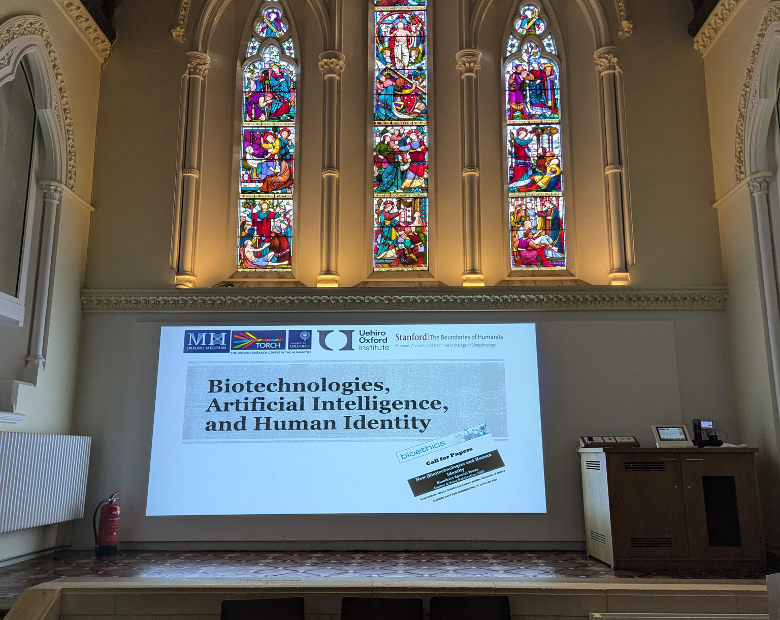Assisted dying: what we might learn from experience of other controversial decisions in medicine
Dominic Wilkinson, University of Oxford Following the second reading (and parliamentary support) of Labour MP Kim Leadbetter’s terminally ill adults (end of life) bill on November 29, much of the public debate in England and Wales will now shift to questions around safeguards. If the safeguards aren’t considered adequate, the bill is unlikely to pass… Read More »Assisted dying: what we might learn from experience of other controversial decisions in medicine








